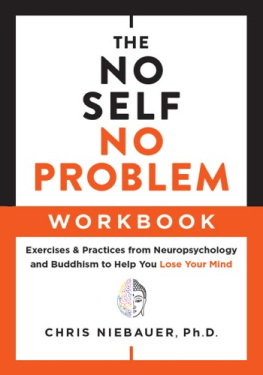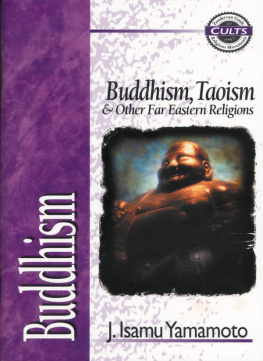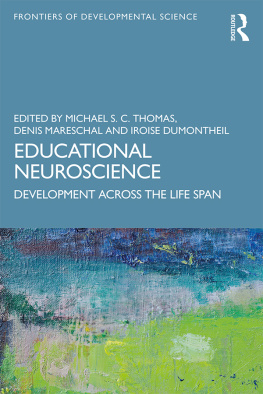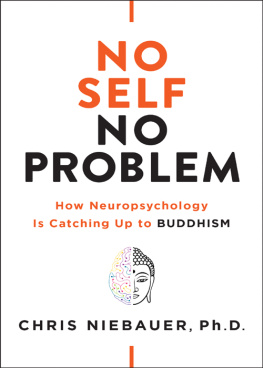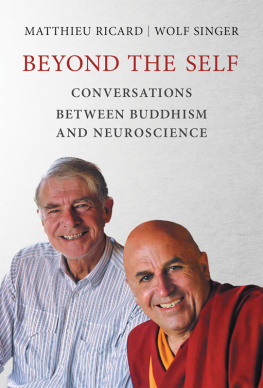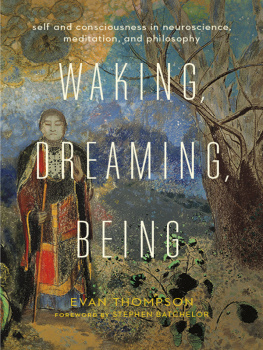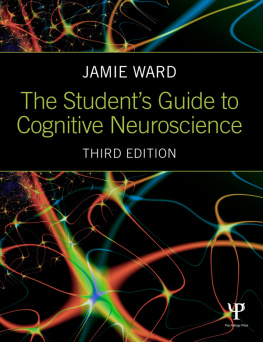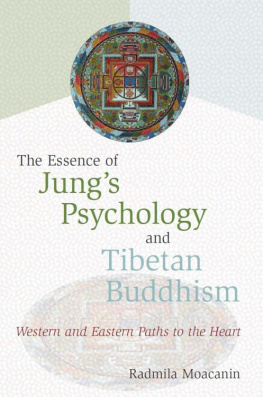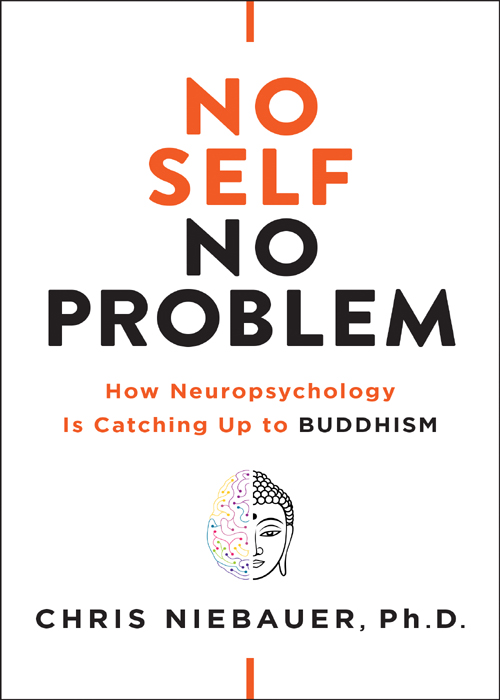

Copyright 2019 by Chris Niebauer
Cover design by Emma Smith
Cover art by: Brain image by Eli Deitch | Shutterstock
Buddha image by Mirinae | Shutterstock
Photo of Brad Pitt by s_bukley | Shutterstock
Illustrations by Garylarts
Interior Design by Frame25 Productions
Hierophant Publishing
www.hierophantpublishing.com
If you are unable to order this book from your local bookseller,
you may order directly from the publisher.
Library of Congress Control Number: 2019943287
ISBN: 978-1-938289-97-2
Printed on acid-free paper in the United States.
www.redwheelweiser.com
www.redwheelweiser.com/newsletter
Table of Contents
Chapter One
Meet the InterpreterAn Accidental Discovery
Chapter Two
Language and CategoriesThe Tools of the Interpreting Mind
Chapter Three
Pattern Perception and the Missing Self
Chapter Four
The Basics of Right-Brain Consciousness
Chapter Five
Meaning and Understanding
Chapter Six
Right-Brain IntelligenceIntuition, Emotions, and Creativity
Chapter Seven
What Is Consciousness?
Chapter Eight
Finding the Real You
For one who has conquered the mind, the mind is
the best of friends; but for one who has failed to do
so, his mind will remain the greatest enemy.
Bhagavad Gita
Preface
My interest in psychology and the inner workings of the mind began after the death of my father when I was twenty years old. The impact of this event was profound, and the deep suffering I experienced led me to study the mechanics of mind with the goal of helping myself and others. I believed that if there were a way into this mess, there had to be some way out, and I was set on finding it. At the time, most everybody was sure that the secrets of the mind would be found in the brain. Our species has long debated the nature of the relationship between the mind and brain, and I think about it like this: The brain is the subject and the mind is the verb, or as cognitive scientist Marvin Minsky put it, The mind is what the brain does.
There were many people looking to identify how the mind worked via the brain at the time. In fact, this topic became so popular that Congress even declared the 1990s the Decade of the Brain. Thinking that this path might hold some promise as a way out of mental suffering, I finished a Ph.D. in cognitive neuropsychology in 1996.
Neuropsychology is the study of the architecture of the brain and how that architecture relates to how we experience the world, specifically our thoughts and the resulting behavior. Neuropsychology has successfully mapped certain processes onto specific brain areas. From facial recognition to empathy, neuropsychology can now place specific processes and brain functions precisely at specific locations on the neural landscape.
Of course, none of this mattered to me at the time of my father's death. All I knew was that I was suffering, and my hope was that the secret to ending that suffering, or at least to understanding it, could be found in the mechanics of the brain. Yet despite countless hours spent in the classroom, I wasn't finding any real answers regarding the issue.
So I turned to the teachings of the East, and it was here that I began to find what I felt was missing from the traditional psychological approach. I also began to notice striking parallels between specific findings on the brain and the ideas expressed in Buddhism, Taoism, and other schools of Eastern thought. As I finished my graduate work in a lab that studied the differences between the left and right brain, I split my time between the different needs of those two halves with day-to-day life as a student of science for my left brain and weekend retreats on Eastern philosophy that seemed to fulfill my right brain.
While in graduate school, I marveled at the shift that had been taking place in the field of physics. Several researchers had noticed the similarities between the findings of quantum mechanics and the teachings of the East. I remember going into a professor's office and with the joy of a kid on Christmas morning sharing that what was being discovered in physics confirmed what had been said in the East long ago. To my great disappointment, the professor came right out and said that there was no Santa; he attributed the similarities in these new findings to simple coincidence.
Despite his dismissal, I never lost hope that a connection between neuroscience and Eastern thought would be realized. In the late 1990s, I would have bet I was one of very few professors who offered a class on Zen and the brain. However, just a few years later the Dalai Lama was invited to be the lead speaker at a major conference in neuroscience, and today the notion that neuroscience and Eastern philosophy can complement each other is practically a genre of its own.
Similar astonishing effects have been found as a result of tai chi, a form of movement-based meditation. The promising effects of tai chi range from the physical (for example, lower blood pressure) to the mental (enhanced cognitive function). This research even supported findings that the section of the brain that stores memorythe hippocampuswas larger for those practicing yoga.
David Creswell at Carnegie Mellon has shown that a simple three-day retreat on mindfulness meditation can change the brain and lower inflammation. Those in the mindfulness group had a reduced level of a biomarker for inflammation linked to diseases such as diabetes, arthritis, and cancer. In fact, it is difficult to find research uncovering a negative effector even no effect at allfrom practicing these ancient arts of the East.
These studies are wonderfully informative, yet I believe the research done by many in the West points to something even more profound than the physical and mental benefits of adopting Eastern practices. For the first time in history, the findings of scientists in the West strongly support, in many cases without meaning to, one of the most fundamental insights of the East: that the individual self is more akin to a fictional character than a real thing.
In other words, the self that you think you know is not real.
We do not yet understand the full implication of these studies or their impact on Western ideas of what it means to be human. This book aims to dive into that process by examining those studies, weighing their significance, and understanding what they ask of us.
Introduction
Stop thinking, and end your problems.
Lao Tzu, The Tao Te Ching
(Stephen Mitchell translation)
Who are we? Why are we here? Why do we suffer?
Humans have grappled with these questions since time immemorial. Philosophers, spiritual leaders, scientists, and artists have all weighed in on them. In Western philosophy, the best answer to the question of who we are is that thinking is the defining characteristic of humanity. There is no more concise example of this than philosopher Ren Descartes' famous statement cogito, ergo sum, or, I think, therefore I am.
This reverence for thinking is in stark contrast to the tenets of Eastern philosophy found in traditions such as Buddhism, Taoism, and certain schools of Hinduism. These traditions at best advocate a distrust of the thinking mind and often go further to claim that the thinking mind is part of the problem rather than the solution. Zen Buddhism offers us the saying, No thought, no problem.
Next page

